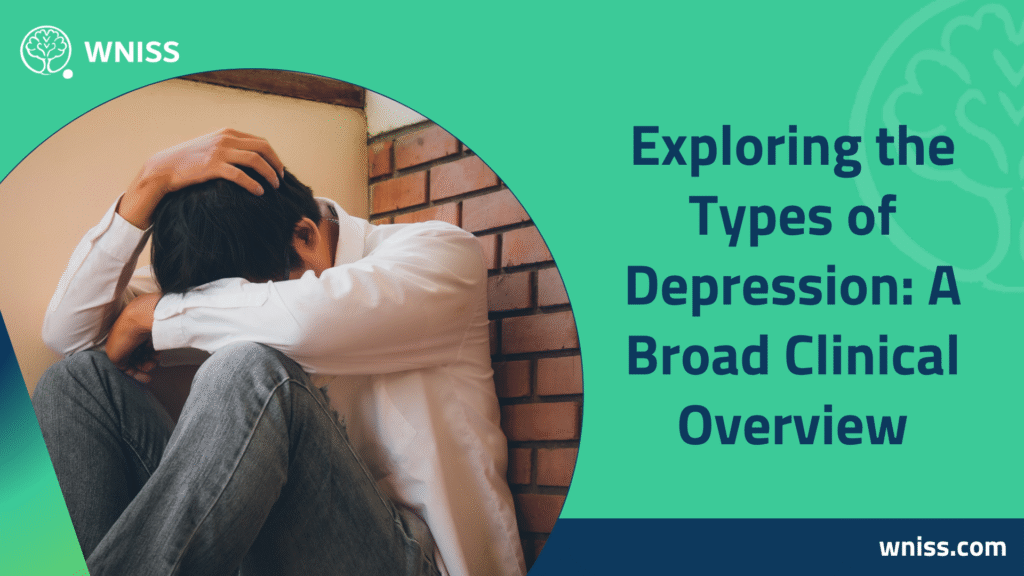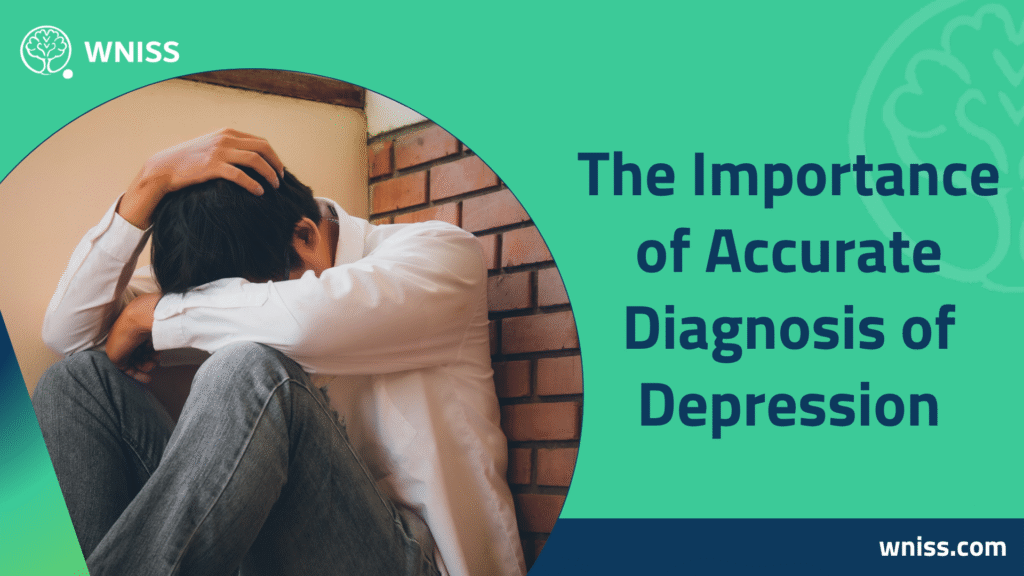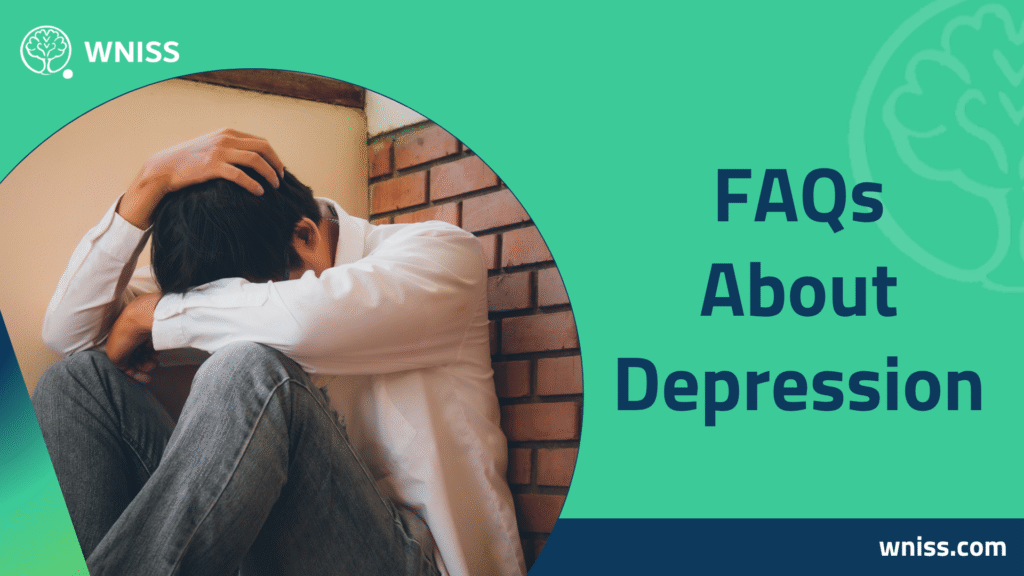When delving deep into the depression meaning, it becomes essential to recognize that this mental health condition extends far beyond occasional feelings of sadness or temporary emotional distress. Depression represents a persistent state of psychological disturbance that often infiltrates every aspect of an individual’s life, affecting thoughts, behaviors, emotions, and even physical health. It is not merely a fleeting mood fluctuation but rather a chronic and debilitating condition that can, if left untreated, erode the quality of life over time.
The depression meaning involves recognizing it as a complex mental disorder that interferes with daily functioning. Individuals may find themselves unable to perform basic tasks, struggle with maintaining personal relationships, and lose interest in activities that once brought them joy. Whether considering the biological underpinnings or the psychological aspects, understanding the depression meaning is crucial in identifying the profound implications it can have on one’s life.
Further complicating the depression meaning is its ability to present itself differently in various individuals. For instance, while some people may exhibit classic signs of persistent sadness and hopelessness, others may mask their symptoms behind irritability, fatigue, or physical ailments. This variability highlights the importance of personalized approaches when addressing this condition, underscoring that depression cannot be treated as a one-size-fits-all disorder.
Ultimately, the depression meaning encompasses a spectrum of emotional and physical symptoms that coalesce to create a mental state that severely limits an individual’s ability to enjoy life or achieve their personal and professional goals. The disorder acts as both a mental and physical barrier, subtly consuming a person’s motivation and energy over time, making early recognition and intervention essential.
Exploring the Types of Depression: A Broad Clinical Overview
Understanding the types of depression is fundamental to appreciating the complexities of this condition. There are several clinically recognized forms of depression, each with its unique characteristics and implications.

- Major Depressive Disorder (MDD): Perhaps the most widely recognized, this form of depression is marked by prolonged periods of deep sadness, lack of energy, and diminished interest in daily activities.
- Persistent Depressive Disorder (Dysthymia): This involves chronic depressive symptoms that last for two years or more, typically less severe but more enduring than MDD.
- Bipolar Disorder: While technically classified separately, bipolar disorder includes depressive episodes as a significant component, alternating with periods of mania.
- Postpartum Depression: Affecting women after childbirth, this type of depression involves emotional instability and feelings of detachment from the newborn.
- Seasonal Affective Disorder (SAD): Triggered by seasonal changes, most commonly during winter months due to reduced sunlight exposure.
- Atypical Depression: Characterized by mood reactivity, meaning mood can improve in response to positive events, along with other unique symptoms like increased appetite and excessive sleep.
The types of depression help clinicians tailor treatment strategies and allow patients to better understand their personal experiences with this condition.
Examining the Root Causes of Depression
The causes of depression are multifaceted, involving an intricate interplay of biological, psychological, and environmental factors. Among the most significant contributors are:
- Genetic Predisposition: A family history of depression increases the likelihood of developing the disorder, indicating a hereditary component.
- Neurochemical Imbalances: Altered levels of neurotransmitters like serotonin, dopamine, and norepinephrine play a critical role in mood regulation.
- Chronic Stress and Trauma: Prolonged exposure to stressful situations, whether due to professional pressures or personal loss, can precipitate depression.
- Medical Conditions: Chronic illnesses such as diabetes, cancer, or thyroid disorders can act as triggers for depression.
- Substance Abuse: The misuse of drugs or alcohol often exacerbates underlying mental health conditions, including depression.
- Social Isolation: A lack of supportive social interactions contributes to emotional deterioration and feelings of loneliness.
Acknowledging the causes of depression is essential for both prevention and treatment, allowing individuals to address modifiable risk factors and seek timely professional intervention when necessary.
Recognizing the Critical Symptoms of Depression
The symptoms of depression are diverse, often overlapping with other medical and psychological conditions, which can complicate accurate diagnosis. However, some hallmark indicators signal the presence of this disorder:
- Persistent sadness, emptiness, or hopelessness
- Fatigue and lack of energy, even after rest
- Disinterest in hobbies, social activities, or previously enjoyed pursuits
- Changes in appetite and significant weight fluctuations
- Difficulty concentrating, remembering, or making decisions
- Feelings of worthlessness or excessive guilt
- Physical aches and pains with no clear medical cause
- Thoughts of death or suicide
Recognizing the symptoms of depression early can facilitate prompt intervention, preventing the condition from escalating into severe stages that significantly impair daily functioning.
The Importance of Accurate Diagnosis of Depression
The diagnosis of depression is not based on a single test but rather a comprehensive evaluation conducted by qualified mental health professionals. Typically, this process involves:

- Clinical Interviews: Gathering personal and family mental health history
- Psychological Questionnaires: Using standardized tools to assess the severity and type of depressive symptoms
- Medical Examinations: Ruling out physical conditions that could mimic depressive symptoms
Given the stigma often associated with mental health disorders, many individuals hesitate to seek professional help. However, accurate diagnosis of depression is essential for formulating an effective treatment plan, whether that involves medication, therapy, or alternative strategies.
Utilizing a Practical Depression Test for Early Detection
While a formal depression test conducted by healthcare professionals remains the gold standard, several self-assessment tools can serve as initial screening methods. These may include online questionnaires designed to evaluate mood patterns, emotional well-being, and behavioral changes over time.
Although these tools provide valuable insights, they should never substitute a professional assessment. However, engaging with a depression test can encourage individuals to seek the necessary psychological support, acting as a critical first step toward recovery.
Strategies for the Prevention of Depression
The prevention of depression hinges on adopting a proactive and holistic approach to mental health. Important preventative measures include:
- Building Strong Social Connections: Regular interaction with friends and family fosters emotional resilience.
- Engaging in Regular Physical Activity: Exercise releases endorphins, known as “feel-good” chemicals, which naturally elevate mood.
- Adopting Healthy Dietary Habits: Balanced nutrition supports optimal brain function and reduces mood swings.
- Prioritizing Sleep: Quality sleep is essential for emotional regulation and cognitive clarity.
- Managing Stress Through Mindfulness: Meditation and breathing exercises help mitigate chronic stress, reducing the risk of depression onset.
- Seeking Professional Help When Needed: Timely psychological support can prevent mild mood disturbances from escalating into clinical depression.
Understanding that the prevention of depression is as critical as treatment itself empowers individuals to adopt habits that support long-term mental well-being.
FAQs About Depression

What is the full meaning of depression?
The full meaning of depression involves recognizing it as a serious mental health disorder characterized by persistent feelings of sadness, hopelessness, and loss of interest in daily activities. It affects emotional well-being, physical health, and overall quality of life. Unlike temporary mood changes, depression represents a chronic condition that often requires professional intervention and consistent management strategies.
Can I live normal life with depression?
Yes, it is entirely possible to live a normal life with depression, especially with appropriate treatment and support. Whether through therapy, medication, lifestyle adjustments, or alternative approaches like natural antidepressants, individuals can manage their symptoms effectively. However, acknowledging the condition and actively seeking help are fundamental first steps toward regaining control over one’s life.
What causes depression?
The causes of depression are varied and include genetic predisposition, neurochemical imbalances, environmental stressors, chronic illnesses, substance abuse, and social isolation. Often, these factors interact, creating a unique combination of triggers for each individual.
How can I manage my depression?
Managing depression involves a combination of strategies such as therapy, medication, lifestyle modifications, and natural antidepressants like exercise, mindfulness, and dietary changes. Regular social interaction, adequate sleep, and professional psychological support further enhance emotional resilience and aid recovery.
How does depression feel like?
Depression often feels like a persistent sense of hopelessness and emotional numbness. Individuals may experience chronic fatigue, disinterest in pleasurable activities, difficulty concentrating, and an overwhelming sense of sadness or emptiness. Physical symptoms such as headaches or unexplained aches are also common.
Why do I feel depressed?
You may feel depressed due to factors such as unresolved trauma, chronic stress, genetic predisposition, hormonal imbalances, or significant life changes. Sometimes, the cause is not immediately clear, highlighting the need for professional evaluation to uncover underlying contributors.
In conclusion, understanding the depression meaning, along with its types of depression, causes of depression, symptoms of depression, diagnosis of depression, depression test, and prevention of depression, is fundamental in navigating this complex mental health condition. While pharmaceutical interventions remain prevalent, the exploration of natural antidepressants and other drug-free alternatives offers a promising path for individuals seeking holistic recovery. With proactive management, appropriate support systems, and a commitment to mental wellness, it is entirely possible to mitigate the effects of depression and lead a fulfilling, productive life.




